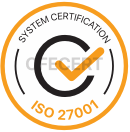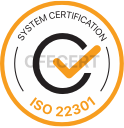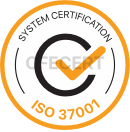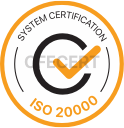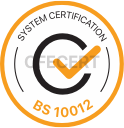Microsoft Project (MS Project) is a project management software developed by Microsoft. This software is designed to assist project managers, teams, and organizations in planning, tracking, and managing projects. MS Project allows you to create different projects, allocate resources, create timelines, track tasks, and report progress.
MS Project offers a range of tools and features that can be used to manage complex projects. These include defining tasks, setting task dependencies, allocating and tracking resources, creating timelines, budget and cost management, progress tracking, and reporting.
MS Project provides a flexible platform that can be used for various projects in different industries. It can be applied to a wide range of areas, from large construction projects to software development, event planning, and business processes.
Microsoft Project is the world’s most popular project management software. Launched in 1984 as part of the Microsoft Office product suite, Microsoft Project still holds a 66% market share in the project management software market. Proficiency in Microsoft Project is a fundamental skill for aspiring Project Managers.
“Just as using MS Word can make you a better writer, using MS Project can only make you as good as a project manager.”
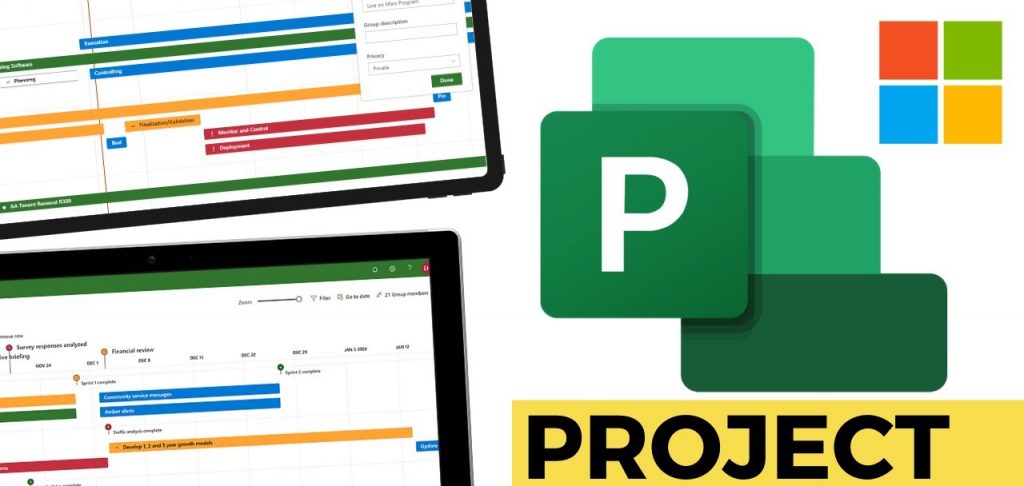
What is the Relationship Between MS Project and Project Management?
MS Project is a tool that supports project management processes, while project management is a broader concept that includes the planning, execution, monitoring, and closing of projects. MS Project is a software designed to help plan, track, and manage projects more effectively, but project management is a larger discipline that covers all project processes and related strategies.
What are the Benefits of MS Project Management Training?
Microsoft Project is project management software used for planning, tracking, and managing projects. MS Project Management training promises the following benefits to participants:
- Basic MS Project knowledge
- Project planning and tracking skills
- Time management
- Resource management
- Progress tracking and reporting
- Risk management
- Collaboration and sharing
- Project analysis and evaluation
- Customizing tasks and resources, and planning knowledge
- Optimizing projects through planning for faster success
- Monitoring and analyzing project progress for completion
- Creating and tracking customized reports
- What Careers are Available in Microsoft Project Management?
The history of project management dates back to post-war “mega projects,” including NASA’s Apollo moon missions, the development of nuclear weapons in the Manhattan Project, and the construction of the U.S. Interstate Highway System.
Project management originated from defense and engineering industries, and Microsoft Project is still widely used in engineering and defense industries.
The Project Management Institute (PMI) predicts that by 2027, more than 22 million new Project Manager jobs will be created: a 33% increase over the next five years. The sectors expected to add the most project management jobs include Manufacturing and Construction (9.7 million jobs), Information Services (5.5 million jobs), Finance and Insurance (4.6 million jobs), and Management and Professional Services (1.7 million jobs).
What is the Purpose of Our MS Project Training?
MS Project training is an educational program that teaches effective use of Microsoft Project software. This training can be beneficial for project managers, project teams, or anyone interested. MS Project training typically covers the following topics:
- Basic Concepts and Interface: This section teaches basic information about how to use the MS Project interface. It covers menus, toolbars, timeline views, and other essential components.
- Project Creation: Topics include creating new projects, entering project information, and setting basic project attributes.
- Task Definition and Management: This section teaches creating tasks within the project, naming tasks, determining durations, prioritizing, and setting task dependencies.
- Resource Management: Resource allocation, management, and tracking, including human resources, materials, and equipment, are covered.
- Timeline and Progress Tracking: This section includes creating project timelines, tracking task progress, managing delays, and generating progress reports.
- Cost Management: Topics include tracking project costs, budget creation, expense tracking, and cost reporting.
- Customization and Reporting: Participants learn how to customize MS Project to fit their projects and requirements. Different types of report creation and sharing methods are also covered.
Who Should Take MS Project Training?
MS Project training can be beneficial for many individuals across various industries and roles. Here are some individuals who could benefit from MS Project training:
- Project Managers: Especially those managing complex projects can plan, track, and manage their projects more effectively with MS Project training.
- Project Team Members: Team members can use MS Project to track their tasks, understand overall project progress, and collaborate.
- Business Analysts: Business analysts can use MS Project during requirements and process analysis. This training can help them understand and analyze projects better.
- Program Managers: Managing multiple projects, program managers can use MS Project to ensure the smooth progress of different projects.
- Resource Managers: Those responsible for allocating and managing resources like human resources, materials, and financial resources can manage them more efficiently with MS Project.
- Business Development Professionals: They can use MS Project during the evaluation and planning stages of new projects and business opportunities.
- Engineers and Technical Professionals: Those managing technical projects can use MS Project for tracking progress, managing tasks, and controlling costs.
- Business Managers: Managers overseeing business processes and operations can use MS Project to monitor and improve processes.
MS Project training can benefit anyone interested in enhancing their skills in planning, tracking, and managing projects. Regardless of the industry you work in, this training can make you more competent in project management. For more information about our training, please contact us at sales@cfecert.co.uk.



